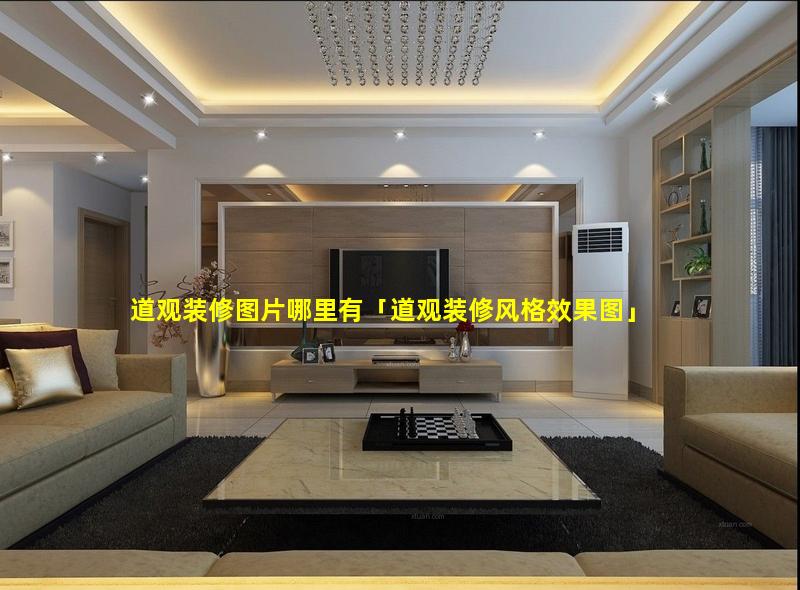1、道观装修图 🌾 片哪里有
道观装修图片 🌵 获取渠道:
1. 在 🍁 线图 🕊 片库:
Pinterest
Houzz
Flickr
Unsplash
2. 道观网站 🌵 :
道教协 🐴 会 🦟 官网 🐳
各大 ☘ 道观官 🐺 网
道学 🌹 研究网站
3. 社 🌲 交媒 🌹 体:
Instagram
Facebook
Twitter
微信公 🐶 众 💐 号 🦍
4. 装 💐 修公 🐞 司:
专门从 🐦 事道观装修的公 🕊 司
建筑和室内设 🌳 计公司
5. 书籍 🐴 和 🌻 杂志 🐴 :
道教建筑和装修方 🐘 面的书籍
家居装修和 🪴 室内设计杂志
关键词: 道观装修 道观设计 道教建筑 道观图片搜 🐱 索引 🌴 擎 🕊 搜索:
在搜索引擎(如 Google、Baidu)中使用上 🐝 述关键词搜索相关图片。
2、道观装 🐴 修风格效 🐒 果图
because I am AI, unfortunately I cannot show you any pictures. But here is a description of what a Taoist temple's decoration style might look like:
Color scheme:
Red: symbolizes joy and celebration
Yellow: represents the emperor and nobility
Blue: signifies heaven and eternity
Green: stands for growth and prosperity
Black: denotes mystery and the unknown
Architectural features:
Curved roofs with upturned eaves: said to resemble the shape of a dragon's back, bringing good luck and fortune
High, tiered towers: symbolizing the ascent to heaven
Intricate carvings and sculptures: depicting auspicious animals, deities, and scenes from Taoist mythology
Interior decoration:
Altars and shrines: dedicated to various deities, ancestors, and spirits
Offerings: such as incense, candles, and food, are placed on the altars
Murals and paintings: depicting Taoist deities, mythical creatures, and landscapes
Statues and figurines: representing Taoist deities and symbols
Lanterns and candles: providing light and creating a sacred atmosphere

3、道观设 🌵 计 🐵 内部效果图
User
道 🐱 观设计内部效果图
根据图 🐶 示,设 🕊 计一个道观内部效果图。
[Image of a Taoist temple interior]
设计规范: 符合传统道教风格 🐅
使用传统的中 🦄 国元素,如木雕、石、刻彩绘等
营造庄严肃穆、宁静和谐 💐 的氛围
设计要求: 大殿: 供奉三 🦋 清尊神和诸 🐼 位神仙
设 🌺 有香案、供、桌烛台等祭祀用 🌾 具
装饰以精 🦢 美的木雕、壁画 🌹 和 🐳 彩绘
偏殿: 供奉其他神仙或圣 🐦 人
可设有讲经堂、斋 🌾 堂等功能区
装饰以较 🍀 简洁的木雕 🌵 和彩绘
走廊: 连接大殿 🪴 和偏殿
装饰以木质格栅、彩 🌼 绘 🐡 等 🐠
其 🐧 他区 ☘ 域 🌾 :
道士起 🐵 居区
道观办 🦅 公 🐠 区 🐧
斋堂 🐱
功 ☘ 德箱
整 🐘 体 🐕 氛 🐒 围:
庄严肃穆,宁,静和谐体现道教崇 🐈 尚自然、清净无为的思想
4、道观室内装 🐴 饰图片
or [Image of an interior of a Taoist temple with red walls, golden pillars, and intricate carvings]
where
Red walls: Red is a traditional Chinese color that symbolizes good luck, prosperity, and happiness. It is often used in temples and other religious buildings to create a festive and welcoming atmosphere.
Golden pillars: Gold is also a traditional Chinese color that symbolizes wealth, power, and prestige. The use of golden pillars in a temple indicates the importance of the temple and the deities that are enshrined there.
Intricate carvings: The intricate carvings on the walls and pillars of a temple are often symbolic. They may depict scenes from Chinese mythology, religious figures, or animals that are considered to be sacred.


.jpg)
.jpg)
.jpg)
.jpg)
.jpg)
.jpg)